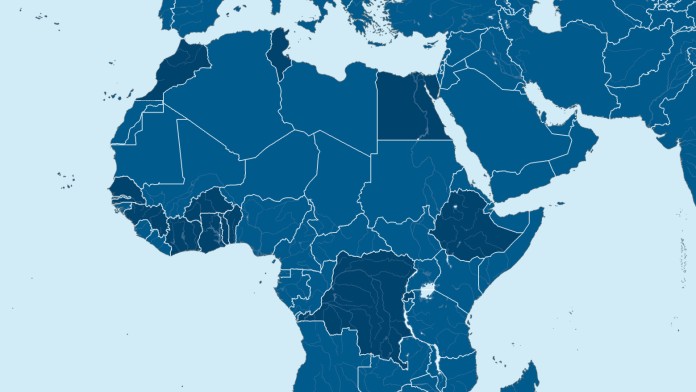
Africa harbours great potential: a wealth of resources, cultural diversity, entrepreneurial spirit and innovative strength. Around half of the 20 fastest growing economies are located in Africa. By 2035, the continent will have the largest labour supply in the world. It is an enormous challenge to utilise this potential of the rapidly growing population - it will double to 2.5 billion people by 2050. One in four of the world's inhabitants will be African. This is where the global markets, employees and customers of the future are growing up.
Africa has been at the centre of attention for some years now. This is also due to the refugee issue and the possibility, perceived by many as a threat, that millions of Africans will set off for Europe in the coming years. What are the reasons why young people in particular want to leave Africa? They see no prospect in their home countries of building a dignified life in economically and politically stable conditions, with educational opportunities, a job and the prospect of feeding their families well. And: in many countries, persecution, discrimination, ethnic conflicts and human rights violations are on the rise.
The German government is committed to supporting the neighbouring continent of Africa in its own responsibility for security and development in a variety of ways. One example is the Compact with Africa (CwA), which was initiated under the German G20 presidency to promote private investment in Africa. The main objective of the CwA is to increase the attractiveness of private, sustainable investments by significantly improving the economic and financial framework conditions. In October 2023, the Democratic Republic of the Congo was added as the thirteenth country.
Share page
To share the content of this page with your network, click on one of the icons below.
Note on data protection: When you share content, your personal data is transferred to the selected network.
Data protection
Alternatively, you can also copy the short link: https://www.kfw-entwicklungsbank.de/s/enzBXUHG
Copy link Link copied